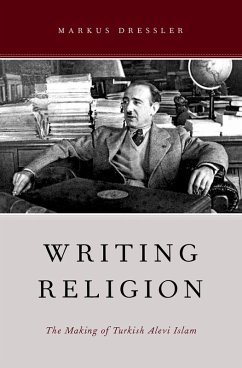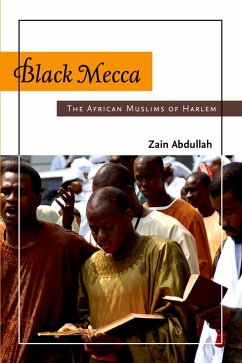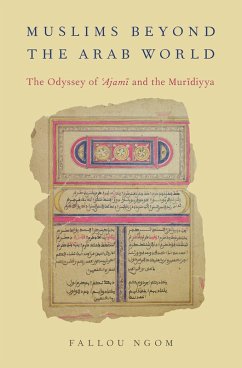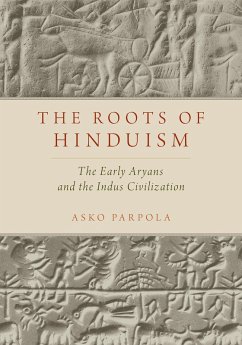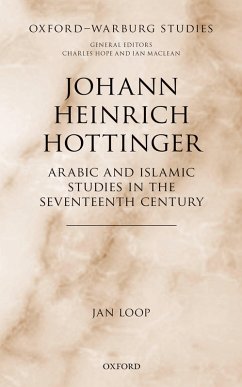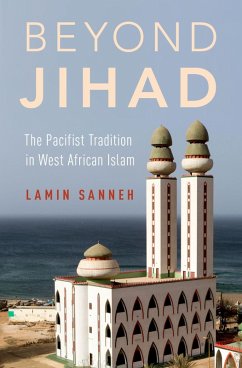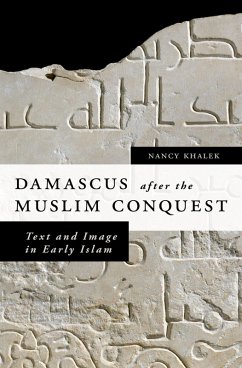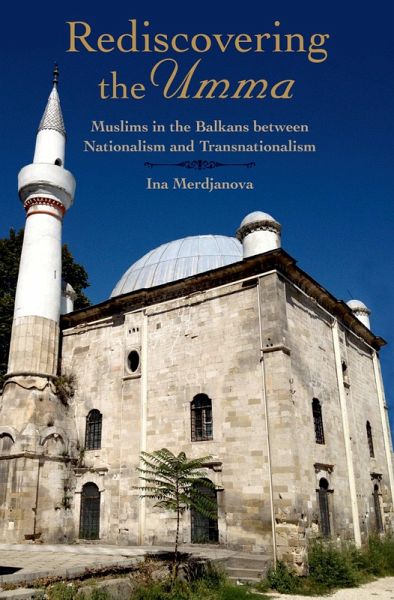
Rediscovering the Umma (eBook, PDF)
Muslims in the Balkans between Nationalism and Transnationalism

PAYBACK Punkte
7 °P sammeln!
In Rediscovering the Umma, Ina Merdjanova discusses the conditions and role of Islam in relation to post-Ottoman nation-building, the communist period, and post-communist developments in the Balkans, focusing in particular on the remarkable transformations experienced by Muslim communities after the end of the Cold War. Amidst multiple structural and cultural transitions, they sought to renegotiate their place and reclaim their Islamic identities in formally secular legal and normative environments, mostly as minorities in majority-Christian societies. The rising political and cultural self-aw...
In Rediscovering the Umma, Ina Merdjanova discusses the conditions and role of Islam in relation to post-Ottoman nation-building, the communist period, and post-communist developments in the Balkans, focusing in particular on the remarkable transformations experienced by Muslim communities after the end of the Cold War. Amidst multiple structural and cultural transitions, they sought to renegotiate their place and reclaim their Islamic identities in formally secular legal and normative environments, mostly as minorities in majority-Christian societies. The rising political and cultural self-awareness of Muslims in Southeast Europe was frequently expressed by recourse to two frames of reference: the national and the transnational. Despite a certain level of tension between those two perspectives, they were closely intertwined. Moreover, transnational Islamic influences often reinforced Muslim ethnonational identities rather than prompting a radical redefinition of religious allegiances in the key of a "universalist" Islam. Merdjanova explores the transformations of Muslim identities in the region under the influence of national and transnational, domestic and global factors, while also looking at the historical legacies that inform present complexities. Furthermore, she examines the evolving status and roles of Muslim women both in their religious communities and in the larger societies. The book challenges representations of Islam and Muslims as alien to Europe, which overlook the fact that Europe has considerable indigenous Muslim populations in its southeastern part as well as societies that have developed certain models of negotiating cultural differences.
Dieser Download kann aus rechtlichen Gründen nur mit Rechnungsadresse in A, B, BG, CY, CZ, D, DK, EW, E, FIN, F, GR, HR, H, IRL, I, LT, L, LR, M, NL, PL, P, R, S, SLO, SK ausgeliefert werden.




